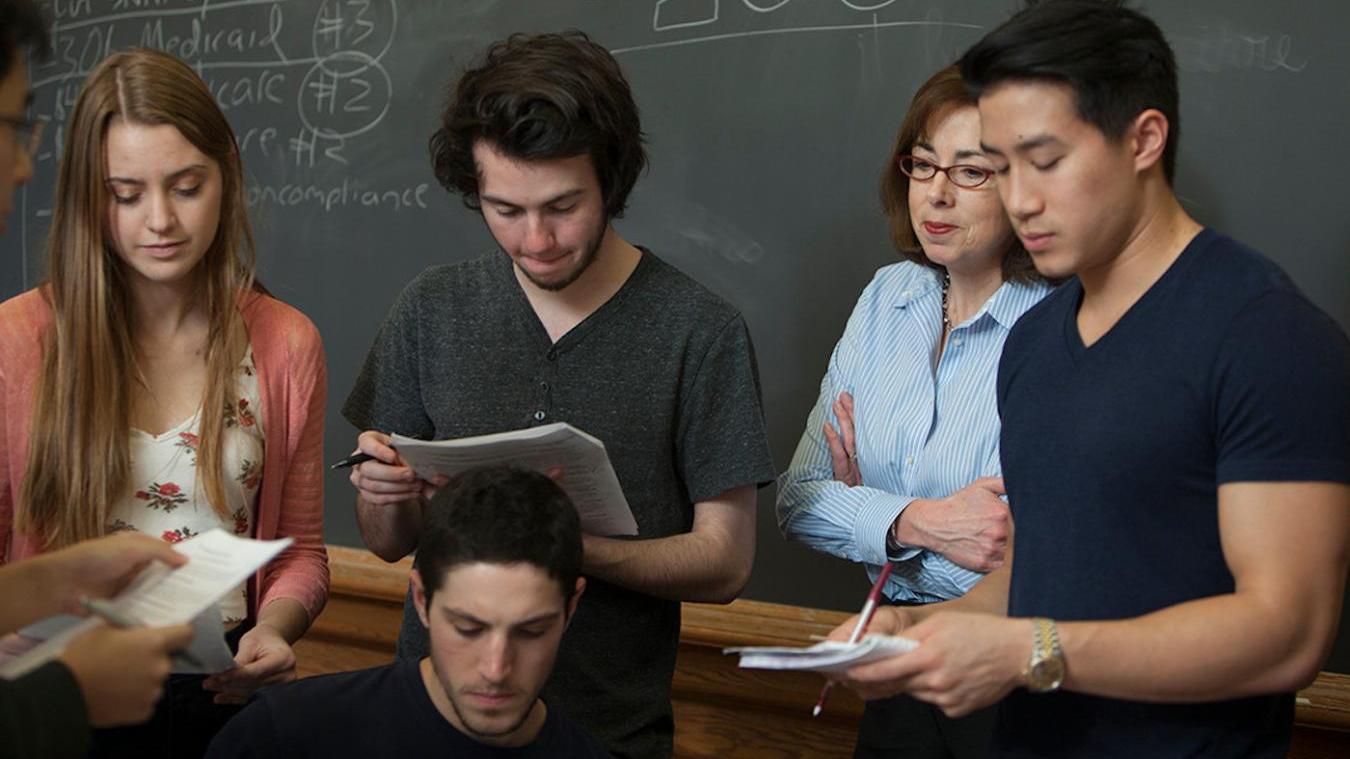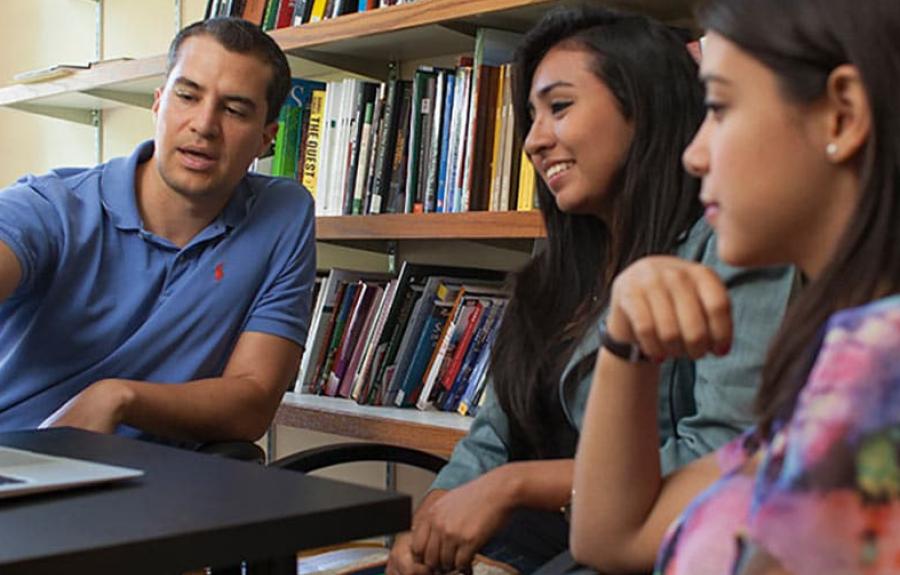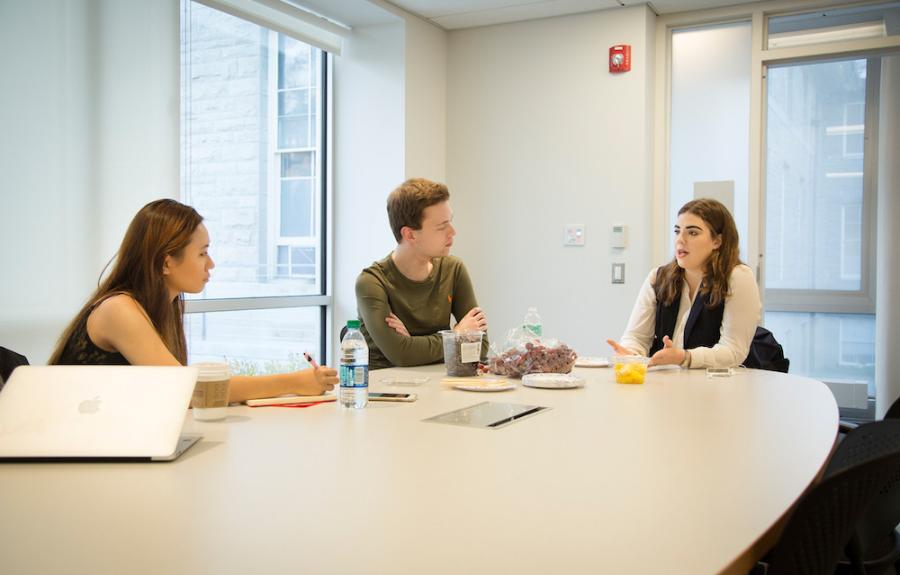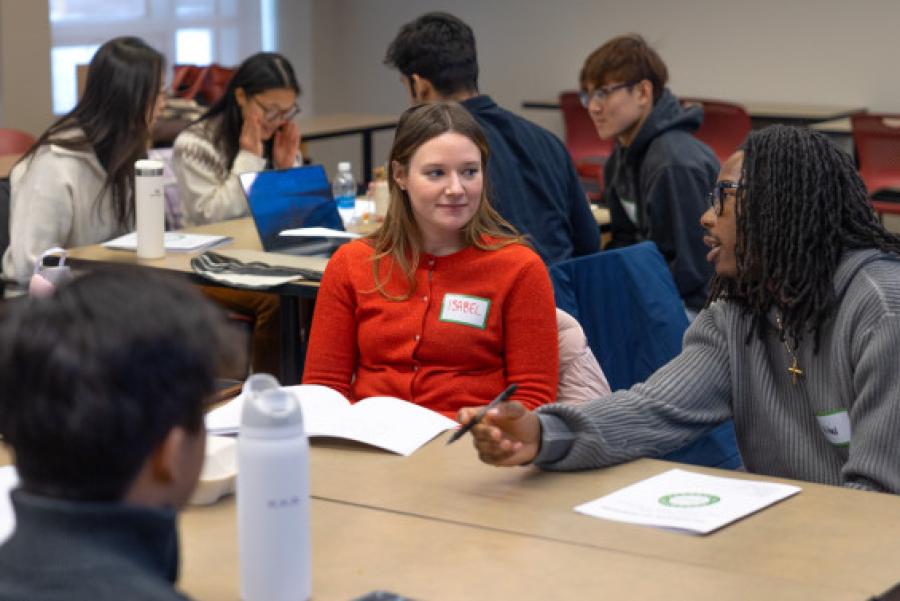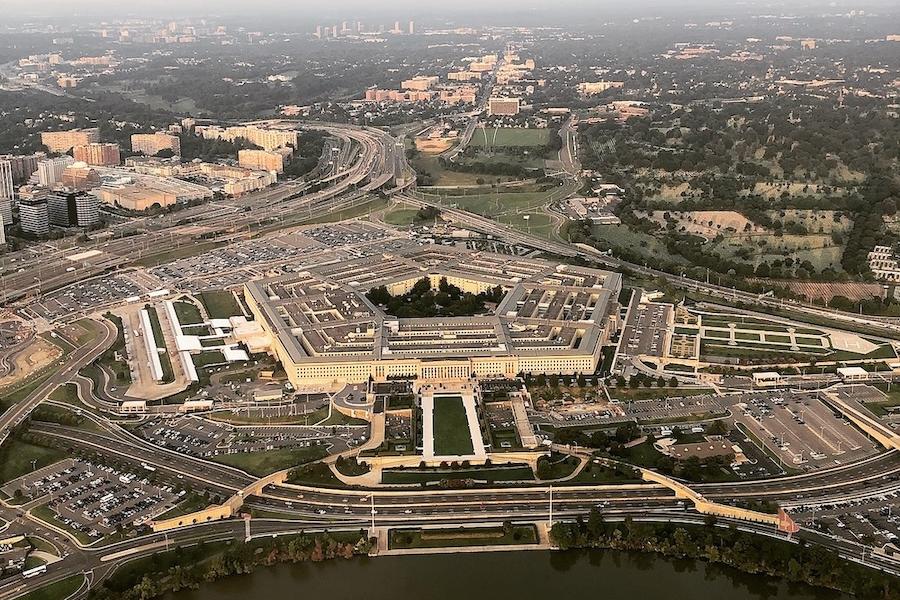Undergraduate Program
Course offerings reflect the breadth of faculty expertise in this exciting and growing discipline, and the study of Government at Cornell trains students with skills that are in high demand in public service, business, law, the non-profit sector, and many other professions. Our introductory courses in American politics, comparative politics, political theory, and international relations introduce students to the major tools and approaches to the study of politics. From there, students apply these tools to understand the many facets of public life, from contemporary political thought to campaigns and elections, public policy, conflict and peace, and beyond. The Department of Government not only offers a major program, but also an honors program and two minors.


